A man uncovered New York’s hidden secrets by revealing the truth behind its mysterious fake buildings.
New York City is renowned for its architectural marvels, from the towering Empire State Building to the historic Flatiron Building.
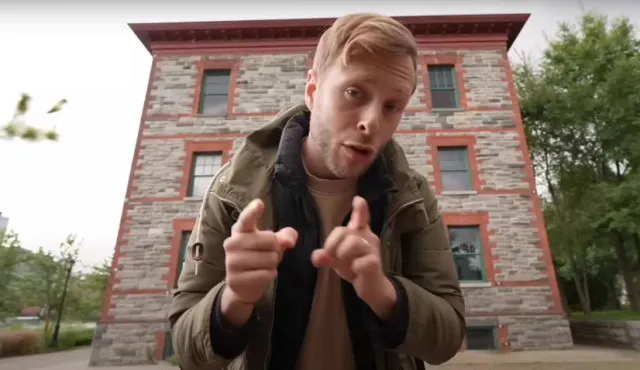
However, amid its iconic structures, a few peculiar buildings stand out. These buildings appear genuine but serve entirely different purposes than one might expect.
YouTube star Cash Jordan has recently delved into these enigmatic structures. In a viral video, he revealed their true identities and functions.
A man revealed the hidden functions of NYC’s fake buildings
58 Joralemon Street, Brooklyn Heights
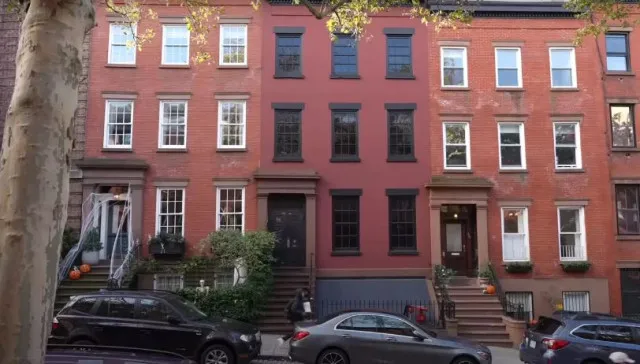
Cash Jordan’s investigation focuses on 58 Joralemon Street in Brooklyn Heights.
This townhouse, with its rustic, red-brick facade, appears seemingly ordinary.
Despite its appearance, this building serves a critical role in New York City’s transit system.
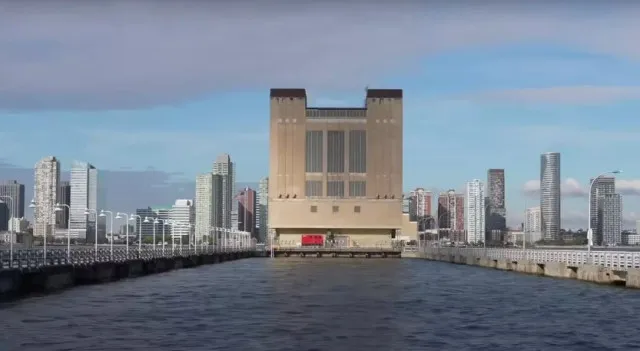
Originally constructed in 1847 as a private residence, it was purchased by the Interborough Rapid Transit Company in 1907.
Today, it houses essential technologies related to the city’s train system.
The building’s eight windows are blacked out, and the door is designed to deter ordinary access.
These features underscore the building’s secretive nature.
Strecker Memorial Laboratory, Roosevelt Island
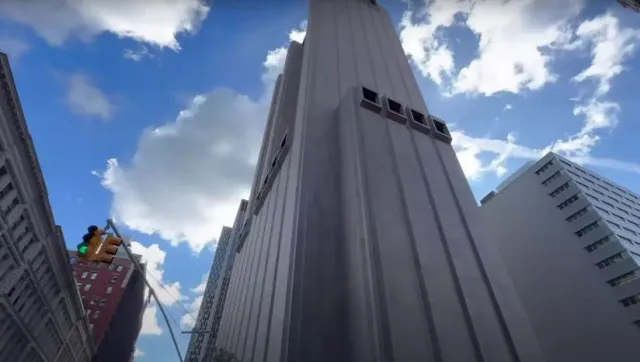
Another intriguing find is the Strecker Memorial Laboratory on Roosevelt Island.
This grey brick structure, built in 1892, was once used for pathological and bacteriological research.
Additionally, it had even featured an autopsy room, as Cash Jordan reveals.
However, it has since been repurposed by the Metropolitan Transportation Authority (MTA) into a power conversion substation for the city’s trains.
Pier 34, Manhattan
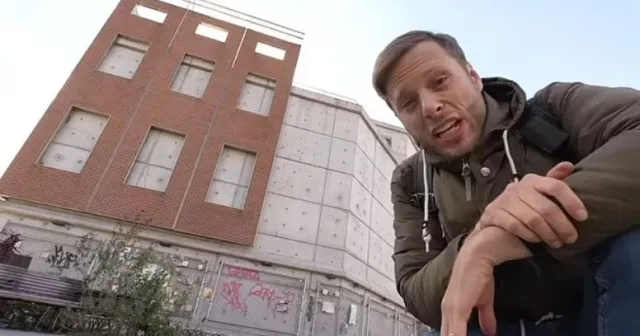
Cash also explores Pier 34, located on the Hudson River in Manhattan.
The large, brown building, resembling an old factory, conceals a crucial function beneath its surface.
It serves as a ventilation structure for the Holland Tunnel, which connects New Jersey and New York.
The building’s placement over the river is necessary to facilitate this function.
The tunnel’s ventilation system is essential for managing the heavy traffic that flows into Manhattan daily.
Mulry Square, Manhattan
Mulry Square is another intriguing location.
Owned by the MTA, this windowless, concrete building’s exact function remains somewhat obscure. However, it is involved in maintaining the subway system’s operations.
The building was controversial during its planning stages. This controversy stemmed partly from its location on what was formerly a 9/11 memorial site.
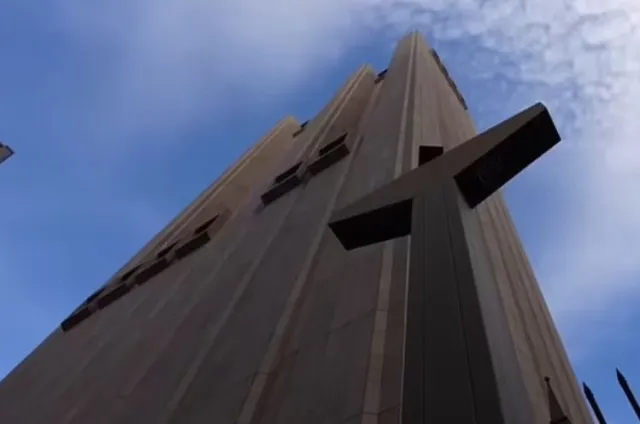
The lack of windows and an unfinished brick facade make it stand out among its surroundings.
33 Thomas Street
Perhaps the most mysterious of all is 33 Thomas Street.
Completed in 1969 by AT&T, this windowless concrete structure has long been shrouded in secrecy.
Initially serving as a telephone switching center, it is now rumored to house a covert National Security Agency (NSA) facility.
This speculation gained traction when The Intercept reported on leaked documents suggesting its role as a secret NSA hub.
The building’s ominous appearance even caught the attention of Tom Hanks, who dubbed it the “scariest building” he’s ever seen.
While, New York City’s “fake” buildings add a layer of intrigue to the city’s architectural landscape. Their hidden purposes and secretive functions contribute to this sense of mystery.
Cash Jordan’s revelations shed light on these enigmatic properties. They offer a glimpse into the lesser-known facets of NYC’s urban environment.